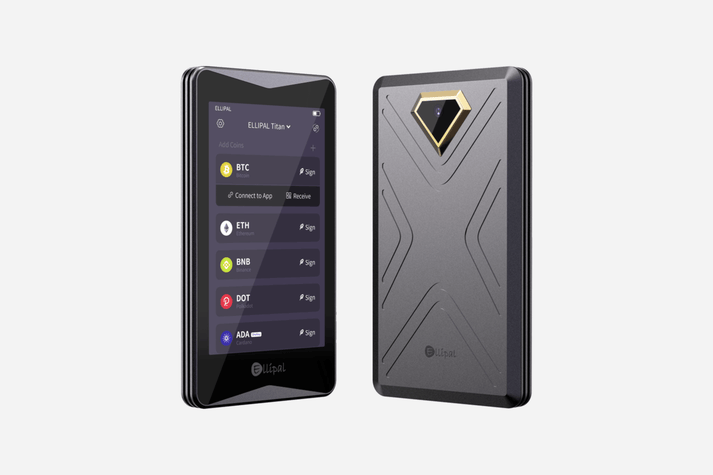Understanding Cold Wallets: The Ultimate Guide for Cryptocurrency Security
Body
In the ever-evolving landscape of cryptocurrency, securing your digital assets is paramount. One of the most effective methods for safeguarding your cryptocurrencies is through the use of cold wallets. But what exactly are cold wallets, and how do they differ from other types of wallets? This guide aims to provide a comprehensive understanding of cold wallets, their benefits, and how to choose the right one for your needs.

What Are Cold Wallets?
Cold wallets, also known as cold storage, refer to cryptocurrency wallets that are not connected to the internet. This disconnection from online networks significantly reduces the risk of hacking and unauthorized access. Unlike hot wallets, which are online and more convenient for frequent transactions, cold wallets prioritize security over accessibility.
Types of Cold Wallets
There are several types of cold wallets available, each offering unique features:
- Hardware Wallets: These are physical devices specifically designed to store cryptocurrencies securely. Examples include the Ledger Nano S and Trezor.
- Paper Wallets: A paper wallet is a physical printout of your public and private keys. While they are secure from online threats, they can be easily lost or damaged.
- Air-Gapped Wallets: These wallets are completely isolated from any network, ensuring maximum security. They often require manual data transfer for transactions.
Why Use Cold Wallets?
Utilizing cold wallets offers several advantages that make them an attractive option for cryptocurrency holders:
- Enhanced Security: Cold wallets are immune to online attacks, making them one of the safest options for storing cryptocurrencies.
- Long-Term Storage: If you plan to hold your assets for an extended period, cold wallets are ideal due to their robust security features.
- Control Over Private Keys: With cold wallets, you maintain full control over your private keys, reducing the risk of third-party access.
How to Choose the Right Cold Wallet
When selecting a cold wallet, consider the following factors:
- Security Features: Look for wallets that offer advanced security measures, such as two-factor authentication and encryption.
- User Experience: Choose a wallet that is user-friendly, especially if you are new to cryptocurrency.
- Compatibility: Ensure that the wallet supports the cryptocurrencies you intend to store.
For those seeking a reliable hardware wallet, the  is an excellent choice, offering top-notch security features and ease of use.
is an excellent choice, offering top-notch security features and ease of use.
Conclusion
In summary, cold wallets are an essential tool for anyone serious about cryptocurrency security. By understanding the different types of cold wallets and their benefits, you can make informed decisions that protect your digital assets. Whether you opt for a hardware wallet, paper wallet, or air-gapped solution, the key is to prioritize security to safeguard your investments.









Comments